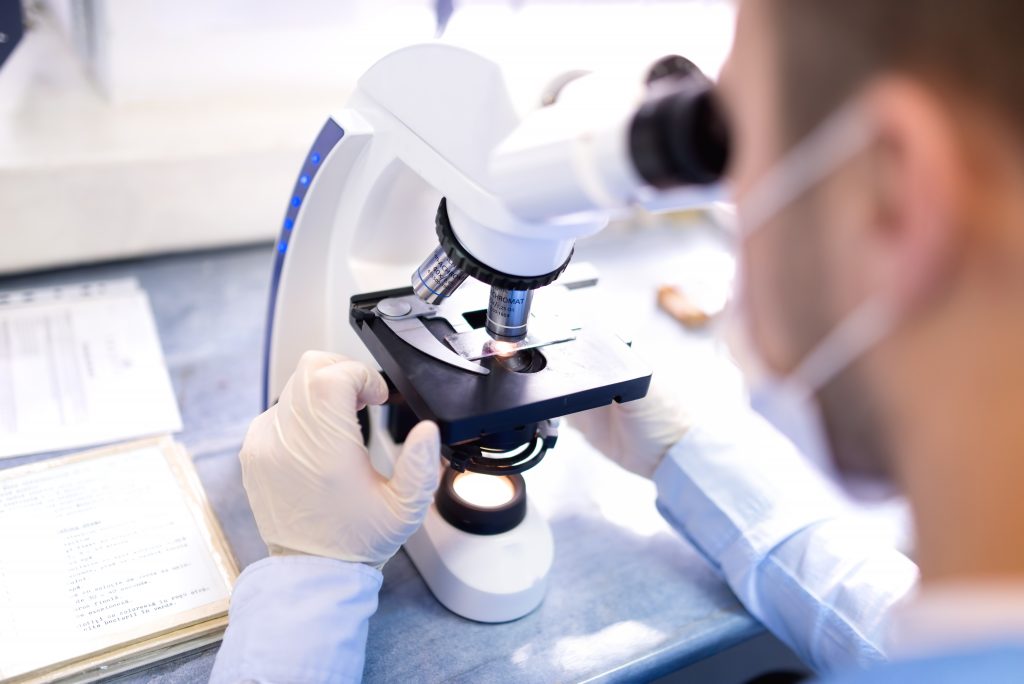What made all the difference: Marie Curie Transfer of Knowledge (TOK-DEV)
- TP1. Complex Fluid Flow – Turbulence and Plasma,
- TP2. Nanofluidics and Multiscale Simulations,
- TP3. Computational Modeling for Environmental Pollution and
- TP4. Parallel Computing.
These were selected so as to leverage existing expertise in the simulation of complex fluid flows and were based on the strategic decision to develop competence in the simulation of environmental and biomedical flows. TP1 was focused on the study, through modeling and simulations, of fundamental issues in turbulent fluid and plasma flows. Turbulent fluid flow is a key aspect of pollutant dispersion and this provided for a synergy between TP1 and TP3, which was devoted to the simulation of pollutant dispersion in the atmosphere and aerosol deposition in the human respiratory system. TP2 was devoted to development of new area of competence, where there had previously been little experience at UCY-CompSci, namely Molecular Dynamics (MD) and ab initio (MD) simulations of nanofuidic systems. Furthermore, this TP offered synergies with other projects on nano-sensor development that were taking place at the School of Engineering at that time. TP4 was a horizontal activity on parallel computing spanning all other training packages.
Student Training and International Collaborations: In addition to these research goals, the project aimed at achieving excellence in teaching and training of young researchers. Leveraging an existing collaborations ETHZ and Stanford became partners in the training of the local fellows during this project. Several world-class experts visited UCY-CompSci and delivered short courses and researcher training.
High Performance Computing System Acquisition: One of the first tasks completed was the upgrade of a high-performance computing system by doubling its computational power and the creation of a second HPC system for training in parallel computing. As a result, UCY-CompSci acquired a computing cluster with 128 cores and 256 Gb or RAM, which has since then been further upgraded. The system currently has 216 computing cores and 0.5Tb of RAM, while a new computing cluster with 320 cores is expected to be installed in 2012.
Outcomes of the TOK-DEV project:
Dissemination Activity Summary:
1. 30 peer-reviewed articles in international scientific journals
2. 23 peer-reviewed articles in international conference proceedings and edited volumes;
3. 2 edited volumes published;
4. 2 international conferences organized in Cyprus
5. An international workshop organized twice in Brussels in cooperation with ULB (summer of 2007 and 2009)
6. 9 invited lectures delivered
7. 29 presentations delivered
8. 8 newspaper articles about the project.

Nikos Simeonides Prize for Excellence in Research:
As result of the design and implementation of the Marie Curie TOK-DEV project, Prof. S. C. Kassinos was awarded the 2010 “Nikos Simeonides” prize for Excellence in Research, the highest research award in Cyprus. The official announcement reads as follows:
The Prize Selection Commitee has selected Dr. Stavros Kassinos among many excellent candidates based on his research project “Transfer of knowledge for the creation of a multidisciplinary core of excellence in the computational sciences at the University of Cyprus”, which was funded under the Marie Curie Programme of Sixth Framework Programme (FP6) for Research and Technological Development of the European Commission.
Dr. Kassinos, through the research experience on modeling turbulent fluid flow that he has gained while at Stanford University and CTR/NASA Ames, he managed in a short period of time during his work in Cyprus to implement a research activity in two much younger but very important areas, Nanofluidics and Multiscale Simulations through the use molecular dynamics simulations, and Environmental Pollution, where he is pursuing the solution of complex problems through modern computational methods, including parallel computing. The quality of the outcomes of the research program considered is excellent. These include a large number of excellent papers in high-impact factor international scientific journals such as the Journal of Computational Physics, Physics of Fluids and Chemical Reviews, the organization of Seminars, Short Courses and International Conferences, many of which in Cyprus, and the establishment of important ongoing research collaborations with high-profile researchers in Europe and the United States, which create the conditions for the sustainment of a high rate of funding for the research team, the leverage of intellectual property rights and the commercialization of numerical models developed by the team. Furthermore, through his research accomplishments, Dr. Kassinos has managed to attract high quality researchers from abroad. The research career of Dr. Kassinos, which started with time spent in top research and academic institutions, his excellent publications in high-quality scientific journals and the creation and development of an internationally known research team in Cyprus, point to a world-class researcher who is in the middle of brilliant academic career.

